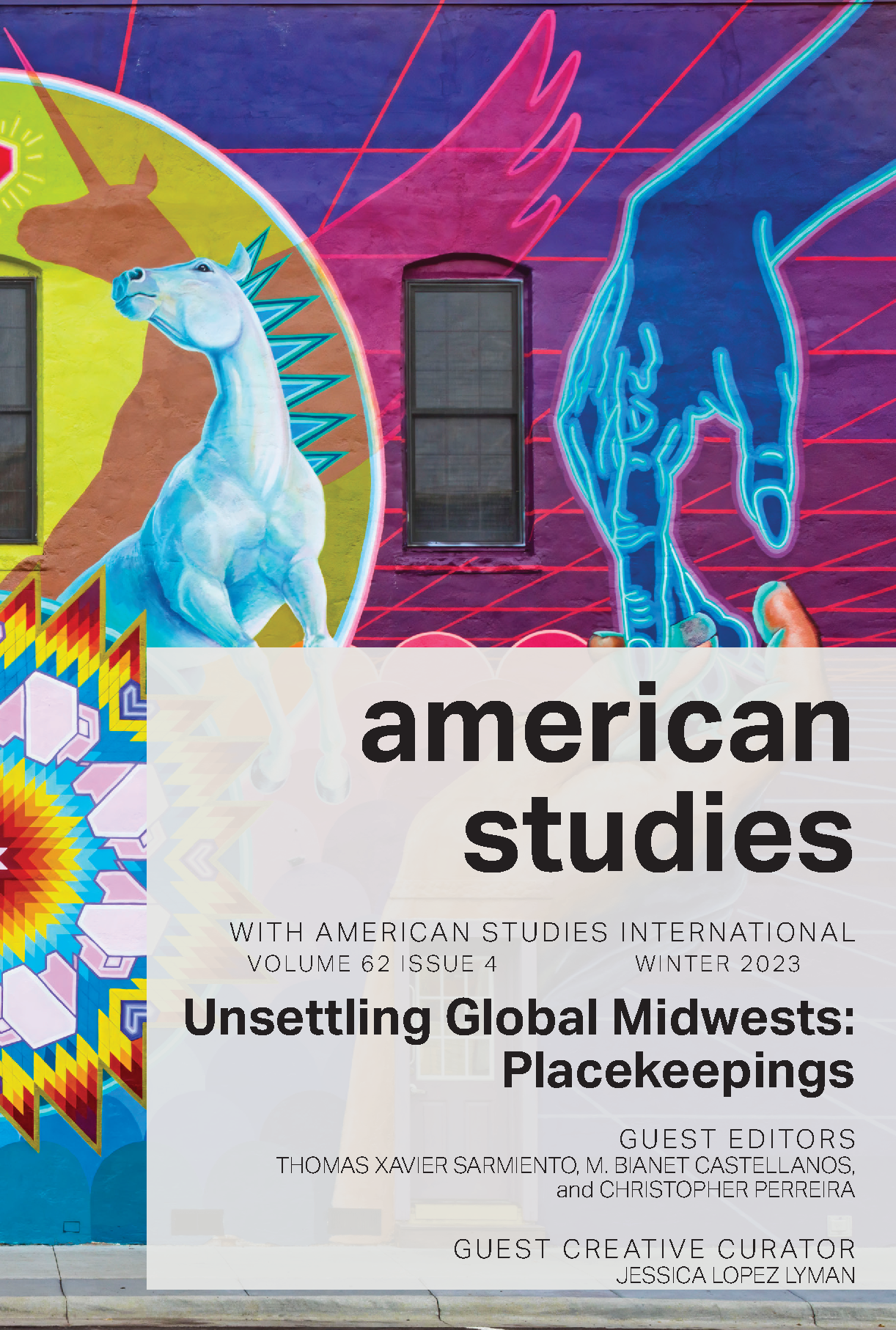Abstract
In this essay, I engage Cisneros’s efforts to make place through her literary activism as a teacher, university recruiter, literary workshop leader, mentor, contributing editor to small press publications, and overall poetry promoter in the Chicago area. I consult her archived correspondence as well as other ephemera, housed in the Witliff Collections at Texas State University, to highlight her particular upbringing and young adult life in Chicago, Illinois, as an impetus for her literary activism not only in Chicago but also throughout the United States. Using intersectionality as a framework of analysis, I explore early (1978-1984) examples of Cisneros’ efforts to make place and make sense of place because she felt out of place, as she came to terms with how one’s environment is shaped and how one can shape the environment differently. These examples include Cisneros’ creative work with “at-risk” youth at the Latino Youth Alternative high school in Chicago (1978-80); her attempts to circulate poetry for the people via city buses and trains (1979) as well as telephones (1981); her public poetry workshops such as City Songs (1982); and her editorial contributions to Third Woman—the nation’s first interethnic and international Latina feminist journal that was founded in the Midwest by Norma Alarcón with Cisneros’ support in—and Tonantzin—a Texas cultural center’s local magazine (1981-84). Ultimately, I argue that Cisneros’s Midwestern positioning facilitated her commitment to interethnic social justice and especially Latina feminism that intentionally disrupted West and East coast biases in relationship to Latinx ethnicity.
All items © Mid-America American Studies Association
Authors: If you prefer to remove your text(s) from this database please contact the editor.

